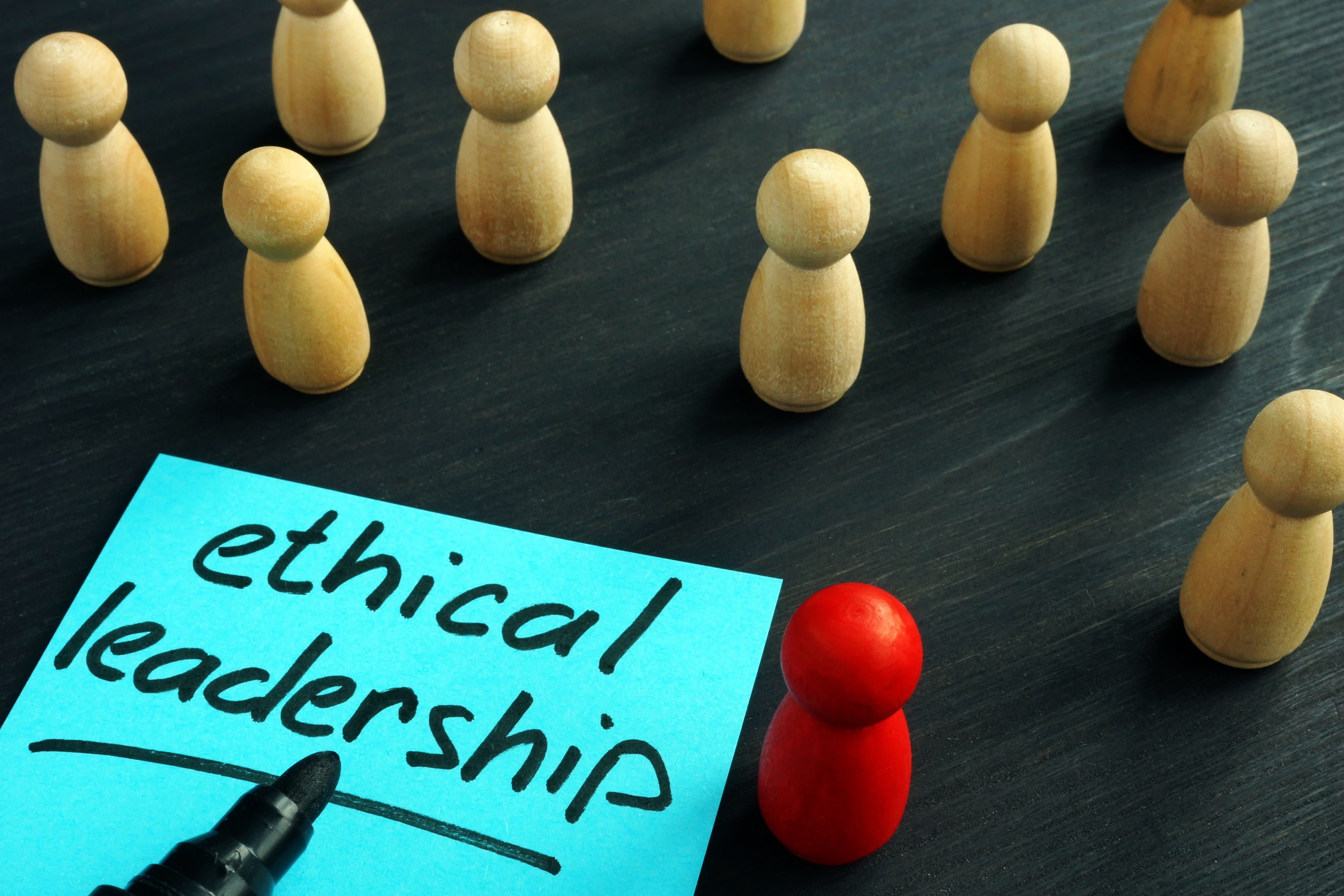Why ethics should be at the heart of HR tech decisions

At the beginning of the pandemic, many organisations were in a period of “heroic response,” says HR thought leader John Sumser, energised by the disaster, working hard and adjusting to a new reality.
Employee engagement scores even rose during the tumultuous time, leading many organisations to believe their response to the crisis was adequate, remote work was thriving and employees were doing just fine.
But Sumser, founder and principal analyst of HRExaminer.com, warns that was a “honeymoon period” and “we’re about to hit a wall of disillusionment.”
“You can see and hear the burnout everywhere you go,” he said during his keynote for HRE’s virtual US HR Tech Conference 2020, “We’ve lost all sense of proper boundaries between life and work … and maybe that’s something we’re going to give up, but it’s gone and we need to figure out what to do with it. Where we are now is neither new, nor normal, nor sustainable.”
Not only are burnout, depression and other mental health conditions on the rise, but COVID-19 will cause new disabilities that will be present in the workplace. For instance, the majority of COVID survivors suffer from lung damage, brain fog, heart problems and other ailments.
Meanwhile, organisations are facing big decisions about whether and when to bring workers back into the workplace.
Sumser said HR leaders are now at a point where they need to think carefully about what they will do, how they will help and how to proceed as the pandemic continues on.
“We’re in a time where none of the old rules make sense and the quickest, fastest way to get into trouble is to act as if what we’re going to do is reinstate the old rule,” he said. “The way we’re working is different. It’s up to us to figure out how to navigate it.”
Smart organisations need to prioritise safety, health and development, he said. And ethics and technology are the common foundations in those focuses. Technology to address the health and safety impacts of COVID-19 has already exploded, and technology will only grow more important as it helps with safety forecasting, workforce health assessment, monitoring and more.
But maybe more important, ethics should help guide HR in making the right decisions related to COVID-19 and the workplace. For instance, when should employees come back into the office? How can you best keep them safe? How much information should employers give employees about the risks of coming back into the office during a pandemic? How should companies monitor their employees’ health? Should they ask employees about their mental health? How can they improve burnout rates? What tech tools should they lean on and implement?
Organisations and HR leaders need to continuously question assumptions and ask themselves what is best for their employees’ health and safety when making those decisions, then embrace tech tools that can help achieve their goals.
“I think ethics is a new way of deciding,” Sumser said, noting that considering ethics also allows for making decisions that are not permanent. “We want to keep things evolving because we’re learning, and we still don’t know a lot about what’s going on.”
Sumser recommended that all HR departments and their vendors create an operational ethics function, so that decisions can be evaluated with a group of people to make sure everyone is in alignment about what they are doing and what they are trying to accomplish. Part of the ethical process is to tread carefully and slowly, he said. In this case, employers want to be right more than they want to be fast.
“Taking more time to understand the problem before we make decisions and evaluating that with a group of people is absolutely necessary,” he said.
By Kathryn Mayer, benefits editor at HRE, where this article was first published.



